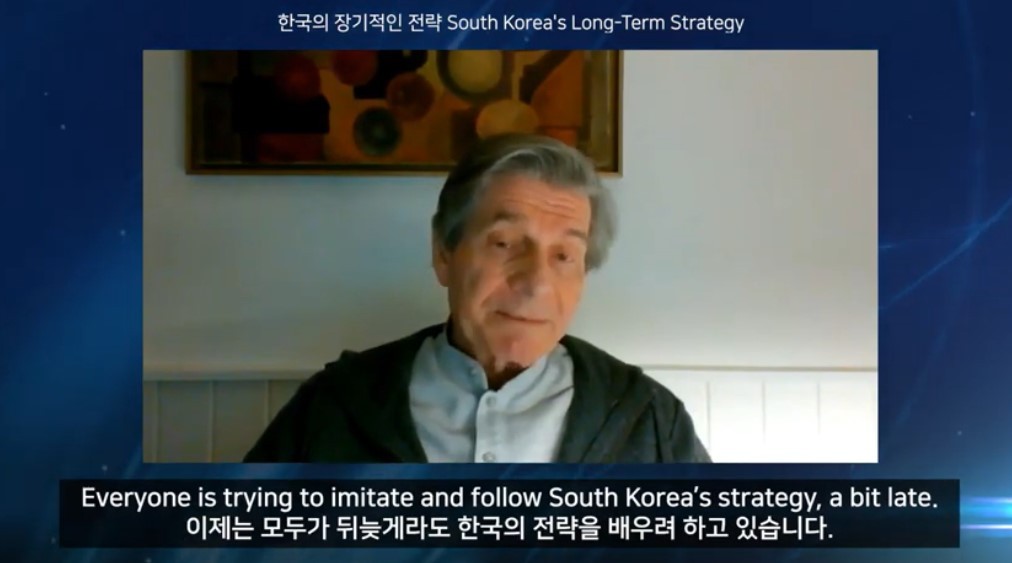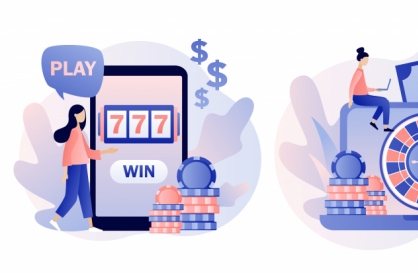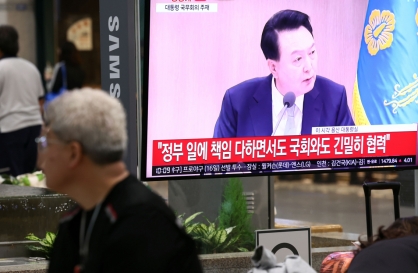Government’s legitimacy, solidarity behind Korea’s success battling COVID-19: Sorman
By Ahn Sung-miPublished : May 11, 2020 - 17:58

South Korea’s acclaimed response to the coronavirus outbreak stems from the legitimacy of its government and a “deep-rooted sense of solidarity” among its citizens, said Guy Sorman, a renowned French American economist and writer.
Sorman, in a YouTube interview series on the post-coronavirus era organized by the Ministry of Foreign Affairs, said Korea, along with Taiwan and Germany, stands out for its quick, efficient response to COVID-19.
“I believe that the reason why Taiwan, South Korea and Germany were able to respond so quickly is because these countries have a good understanding of danger,” he said. “Of course there are also other characteristics that the three countries share. For instance, the legitimacy of the government. Recent elections in South Korea and Taiwan have shown that the citizens rather trust their government. The legitimacy of the government is very important. As well as the deep-rooted sense of solidarity. It is the belief that each individual belongs to a community beyond just oneself, and a national mission to unite as a member of such a community.”
Sorman, however, admitted that he had felt ambivalent about Korean culture, which stresses national solidarity above individuality. But in a national crisis, he believes national solidarity must come before the individual.
“I believe that South Korea is somewhere in between,” he said. “South Korea is still finding the balance in between the national solidarity that contributed to its tremendous development and the more individualistic mindset of the youth.”
Sorman believes Korea’s latest strategic response to the virus could strengthen the country’s competitiveness globally, though it was mostly known for popular culture and electronics in the past.
“What is certain is that South Korea’s remarkable response to this yet unfinished health crisis has given the country a place on the world map,” he said. “Until now, many people only had fragmented images of South Korea. They thought South Korea makes good cellphones, great big ships, the young generation’s music is great, the movies are well made. Suddenly all of these elements were combined to form a single, more complete image of South Korea. So it will be positive in terms of competitiveness. But more than that -- the way people see South Korea will completely change and they will come to recognize the country as a civilization of its own.”
Sorman thinks one of the changes COVID-19 will bring is a greater sense of interdependence.
“I think the major change is that we have come to recognize that all of our fates are interdependent -- our fates are dependent on our neighbors. All countries are dependent on each other,” he said. “And I think humanity as a whole has come to feel homogeneous.”
This is more so because it’s the first pandemic in the era of internet and real-time media coverage, he added.
“So we feel we are all fighting the same fight and we are having the same difficulties.”
By Ahn Sung-mi (sahn@heraldcorp.com)







![[From the Scene] Monks, Buddhists hail return of remains of Buddhas](http://res.heraldm.com/phpwas/restmb_idxmake.php?idx=644&simg=/content/image/2024/04/19/20240419050617_0.jpg&u=20240419175937)








![[From the Scene] Monks, Buddhists hail return of remains of Buddhas](http://res.heraldm.com/phpwas/restmb_idxmake.php?idx=652&simg=/content/image/2024/04/19/20240419050617_0.jpg&u=20240419175937)

![[KH Explains] Hyundai's full hybrid edge to pay off amid slow transition to pure EVs](http://res.heraldm.com/phpwas/restmb_idxmake.php?idx=652&simg=/content/image/2024/04/18/20240418050645_0.jpg&u=20240419100350)

![[Today’s K-pop] Illit drops debut single remix](http://res.heraldm.com/phpwas/restmb_idxmake.php?idx=642&simg=/content/image/2024/04/19/20240419050612_0.jpg&u=)